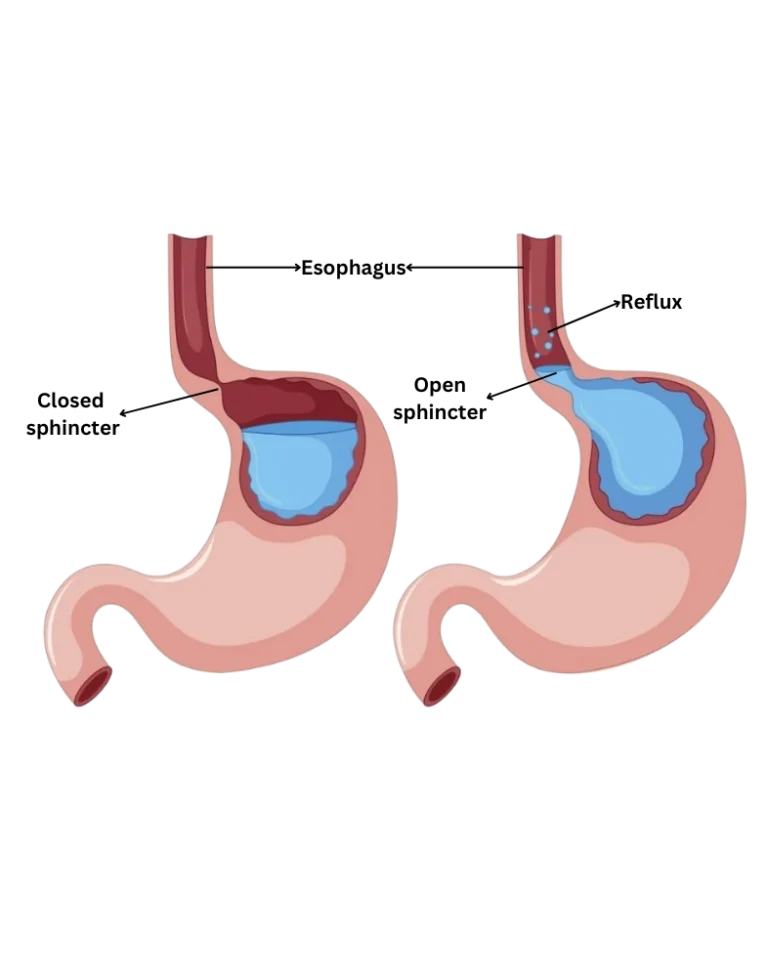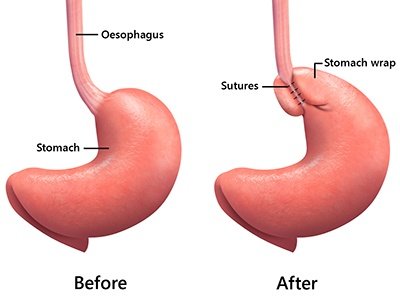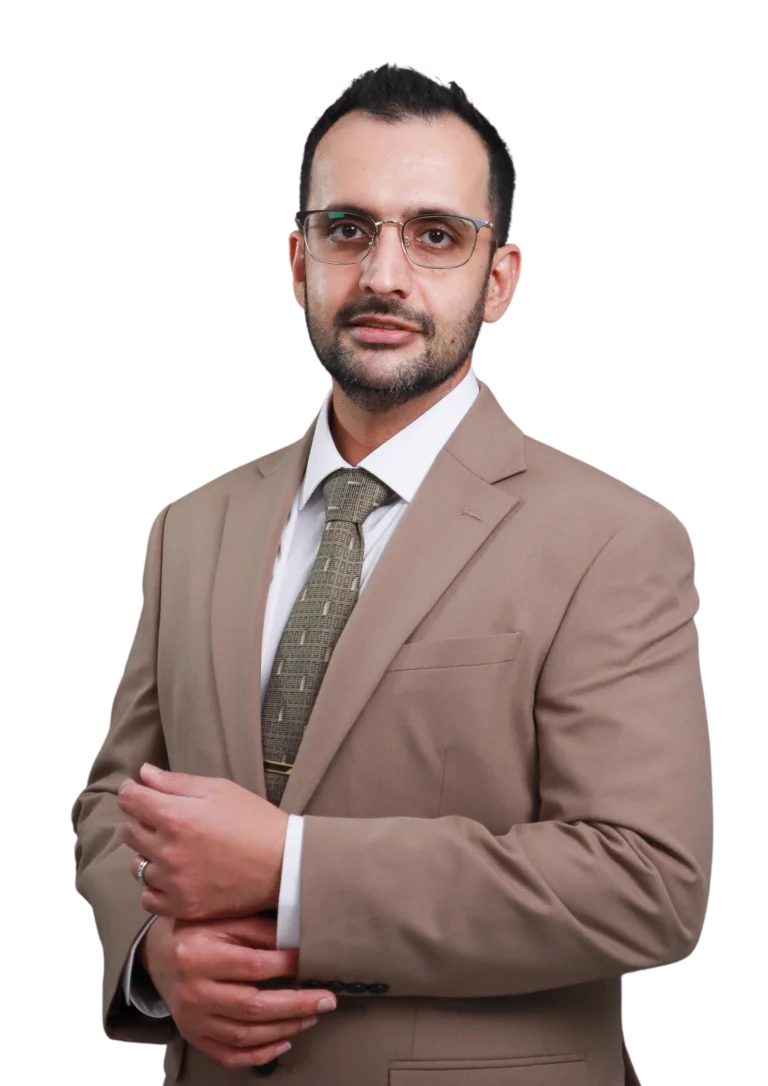Upper endoscopy, also known as esophagogastroduodenoscopy (EGD), is a procedure that allows doctors to examine the lining of the upper part of the gastrointestinal tract, including the esophagus, stomach, and duodenum.
Anti-reflux surgery is a specialized procedure designed to stop the backward flow of stomach acid into the esophagus—a condition known as gastroesophageal reflux disease (GERD). This minimally invasive surgery offers lasting relief when medications and lifestyle changes fail to control symptoms.

This treatment may be right for you if you:
Experience daily or severe heartburn
Have not responded well to acid-reducing medications
Suffer from regurgitation, chest pain, or difficulty swallowing
Have been diagnosed with complications like Barrett’s esophagus
If GERD is interfering with your quality of life, you may be a candidate.
A laparoscopic procedure where the top part of the stomach (fundus) is wrapped around the lower esophagus to strengthen the lower esophageal sphincter.
Benefits:
Long-term relief from acid reflux
High success rate
Medication-free solution
A small, flexible ring of magnetic beads is placed around the lower esophagus. It opens for food and closes to prevent acid reflux.
Best for: Patients who want a reversible, less-invasive option.
Uses radiofrequency energy to strengthen muscles at the junction of the esophagus and stomach. Ideal for patients not ready for traditional surgery.
✅ Drug-free solution for GERD
✅ Fewer reflux episodes, improved sleep
✅ Prevention of long-term complications (like esophageal cancer)
✅ Short recovery time with minimally invasive techniques

1. Consultation & Diagnostic Evaluation
We begin with a comprehensive consultation, including:
Upper endoscopy
Esophageal manometry
24-hour pH monitoring
2. Personalized Surgical Plan
Based on your symptoms and test results, our surgeons will recommend the most appropriate treatment.
3. The Procedure
Performed under general anesthesia, most surgeries are done laparoscopically and take 1–2 hours.
4. Recovery & Follow-Up
Return to work in 1–2 weeks
Gradual return to solid foods
Follow-up visits at 1 week, 1 month, and 3 months
Yes, our team at bariatric surgery malaysia uses minimally invasive techniques for safer, faster recovery. While all surgeries carry some risk (infection, bloating, difficulty swallowing), complications are rare, and long-term outcomes are excellent.
Board-certified gastrointestinal surgeons
Advanced laparoscopic and robotic techniques
Proven success in managing complex GERD cases
Compassionate, patient-centered care

I suffered from acid reflux for years. Dr Navin Man recommended anti-reflux surgery. The results were life-changing. I no longer rely on daily medications. The whole experience was smooth and professional.
My GERD was severe and unresponsive to medication. Dr Navin Man performed laparoscopic anti-reflux surgery. I’ve been symptom-free since. His skill and confidence put me at ease throughout.
I used to experience heartburn every night. After anti-reflux surgery by Dr Navin Man, my symptoms are completely gone. Excellent outcome and care.
My long-standing reflux affected my sleep and quality of life. Dr Navin Man explained the surgical option clearly. The procedure was successful and recovery was faster than I expected.
I was tired of constant reflux symptoms. Dr Navin Man’s anti-reflux surgery gave me my comfort back. I can now eat and sleep without fear of acid reflux. A truly capable surgeon.
With a diagnosis of Barrett’s esophagus, surgery was the next step. Dr Navin Man handled it expertly. My reflux is controlled and I’m being monitored closely. Highly recommend him.
My indigestion was linked to chronic reflux. After the surgery with Dr Navin Man, I’ve noticed huge improvements. He was kind, clear, and professional throughout the journey.
I opted for surgery to prevent further complications from reflux. Dr Navin Man performed the procedure with great precision. Recovery went well and I feel much better now.
My symptoms were not resolving with medication. After surgery by Dr Navin Man, I feel significantly better. He’s a thoughtful and detail-oriented surgeon.
Chest pain from reflux was affecting my life. Dr Navin Man suggested surgery. It resolved my symptoms and improved my sleep. Truly an expert in reflux management.